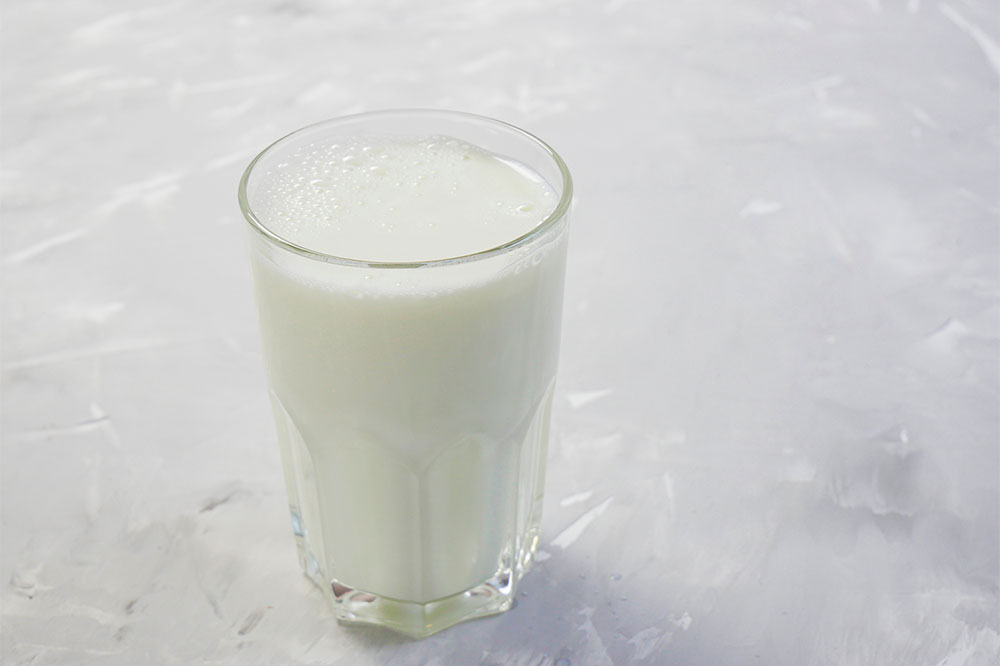Nutritional Strategies for Supporting Renal Cancer Management
This article outlines essential dietary strategies for managing renal cancer. It highlights the importance of fruits, vegetables, fatty fish, whole grains, and proper hydration to support treatment and recovery. Consulting healthcare providers before altering your diet is recommended to ensure safety and effectiveness.

Essential Foods for Managing Renal Cancer
A balanced and nutrient-rich diet plays a vital role in overall health. During health challenges such as renal cancer, proper nutrition is especially critical to support recovery and immune function. The following food options are beneficial for those managing renal cancer, but it is essential to consult healthcare professionals before modifying your diet.
Fruits and Vegetables
Consuming abundant fruits and vegetables provides vital vitamins, minerals, and dietary fiber that help reduce inflammation and boost immunity. These foods serve as healthy carbohydrate and protein sources, supporting overall well-being.
Fruits and vegetables are rich in essential nutrients, antioxidants, and fiber, all of which contribute to reducing inflammation and bolstering immune response. Including a variety of these in daily meals is highly recommended.
Fish
Incorporating fatty fish such as salmon and mackerel into your diet provides omega-3 fatty acids that combat inflammation and support cellular health. These fish contain antioxidants that may help prevent cancer progression and enhance immune defenses, aiding in the management of renal cancer.
Whole Grains
Whole grains like oats, brown rice, and barley supply complex carbohydrates, fiber, and essential micronutrients like iron and magnesium. They provide sustained energy, support metabolic functions, and are a beneficial addition to a renal cancer-friendly diet.
Water
Staying properly hydrated is crucial for kidney health. Adequate water intake helps maintain pH balance and assists the kidneys in flushing out toxins. However, controlling fluid intake is important to prevent overhydration, especially when kidney function is compromised.
Note:
The information provided about symptoms, treatments, and health conditions is for educational purposes only. It is important to consult healthcare professionals for personalized medical advice. Do not rely solely on this information for treatment decisions. Always seek guidance from licensed medical practitioners for health concerns.










